A colourful “coin” from a hobby I hadn’t heard of
This is my entry for Day 3 “C” of the Blogging from A-Z April Challenge!
C = Canada.
Obverse
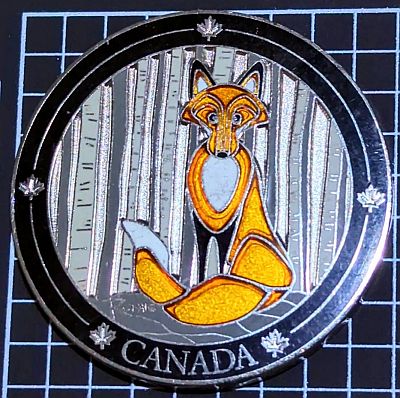
The only text on this side is the word CANADA below an orange, black and white fox sitting among trees.
There are four types of foxes in Canada:
The red fox is the only one which is, well, red (or orange) like on the coin.
Red foxes are found in all of Canada’s provinces and territories, making them one of the most widespread mammals in the country. Contrary to their name, red foxes actually come in all colours, varying from brown to silver and black.
Red foxes tend to be timid animals. They are often described as nervous and prefer remaining hidden, but they are still curious animals that love to explore.
Reverse
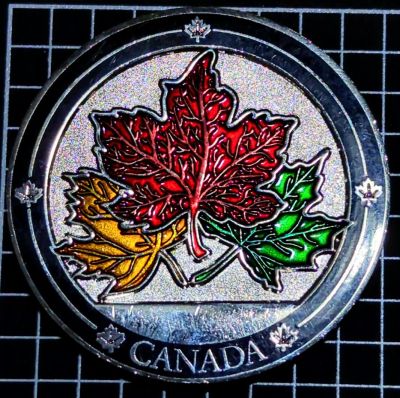
The reverse has the same ring of maple leaves and the word CANADA around the outside. The inside is comprised of yellow, red and green maple leaves.
World wide, there are some 150 species of Maple, distributed throughout the Northern hemispheres’ Temperate Forest Zone. About two-thirds of them are in Eastern Asia.
Ten maple species are native to Canada. So which one is THE maple leaf on the flag and other Canadian symbols? According to BeachMetro.com: “The leaf on the Canadian flag is generally accepted to be a stylized version of an 11 point sugar maple (acer saccharum), but I have colleagues who insist that the design was inspired by a wind tested immature Norway maple. Both leaves can be almost identical at certain stages of development, but I would have to say the Norway can be eliminated because its characteristic fourth and fifth lower lobes that are noticeably absent on the flag. Having native sugar maples grace our national symbol may seem appropriate, though slightly exclusionary to some. That’s because like most of our other native maple trees, the range of our ‘flag’ maple is limited to Ontario, Quebec and east to Nova Scotia, so patriotic Canadians living west of Winnipeg would be hard pressed to find an example growing in their local forest.”
Geocaching
So now we know all about the imagery on the coin, and foxes and Canadian trees. But what was the coin actually created for? I’m glad you asked! For that, we need to look at the edge (A task which my camera steadfastly refused to do). The edge is smooth with the text: “TRACK ON GEOCACHING.COM REPARABLE SUR GEOCASHING.COM”
The coin is swag from a Geocaching “find”. So, what is Geocaching? From the Geocaching.com blog: “The world’s largest treasure hunting community.
Geocaching is a real-world, outdoor adventure that is happening all the time, all around the world. To play, participants use the Geocaching app and/or a GPS device to navigate to cleverly hidden containers called geocaches. There are millions of geocaches in 190 countries waiting to be discovered—there are probably even some near you right now.
Geocaching started in early 2000. When the website launched, only 75 geocaches had been hidden. Today, there are over 3 million geocaches and millions of active geocachers playing the game. Geocaches come in all different shapes, sizes, and difficulties and are hidden in both rural and urban settings.”
My family encountered a similar idea a few years ago when we found a painted rock in a local park. After looking up the facebook group written on the bottom, we then hid the rock in a different park the next day for someone else to find.
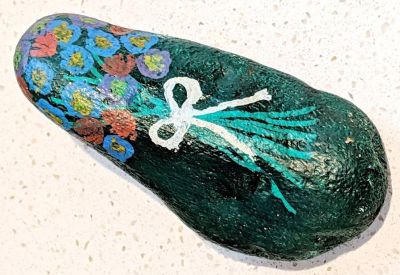
The fox geocache coin doesn’t have much to indicate when it was used. I found a similar one on Geocaching.com dated 2015, so went with that as the year. Some coins have individual numbers you can use to track them, similar to the WheresGeorge dollar bill. I also have another Geocache coin which has more information on it:
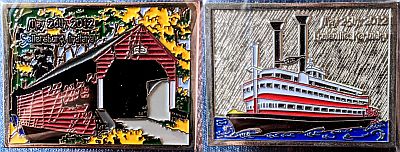
The information on each side reads:
- May 26th 2012 / Sellersburg Indiana (covered bridge in autumn side)
- May 25th 2012 / Louisville Kentucky / (“Belle of Louisville” Steamship on rough sea side)
Checking those dates and locations, I found GeoWoodstock X which was held in Sellersburg Indiana with a companion event the next day in Louisville Kentucky. Checking with one of the organisers, Brad, he said “GeoWoodstock was held in Sellersburg on the 26th and there was an associated event on the Belle of Louisville that I believe was on the 25th. Other than that, I don’t think I have ever seen this coin before. If it does not have additional numbers then it is not trackable on Geocaching.com, so it may be a short run coin that someone did for their group.”
I’m labelling these as “Tokens”. While they’re not “Good for $1” or anything specific like that, you do exchange them, and “use” them. Whatever you call them, they’re definitely colourful and fun. Do you Geocache? Have you found any Geocaching coins, or other really colourful pieces like this? I’d love to see them! Either in the comments below, or on social media.
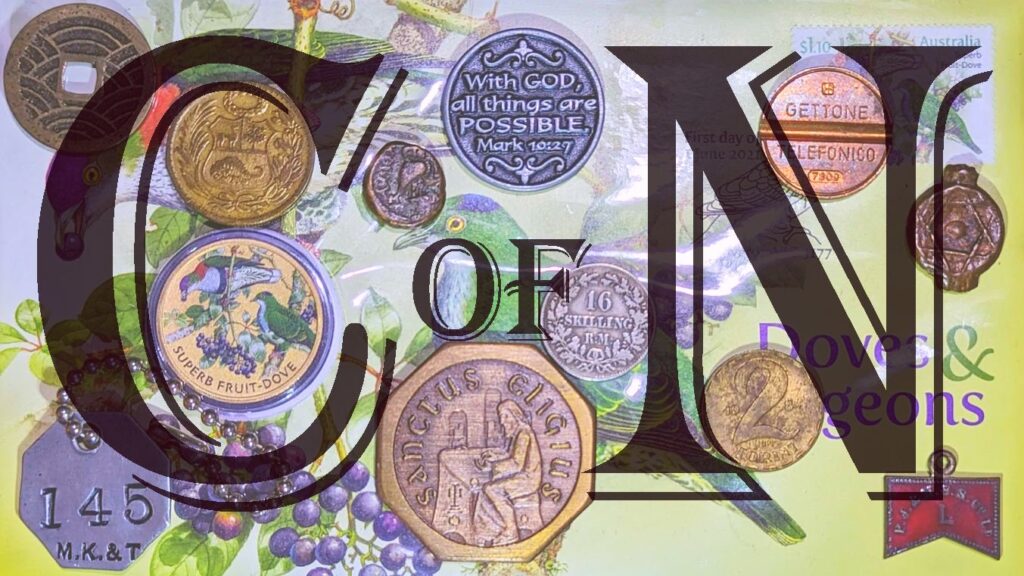
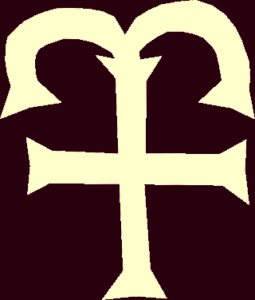
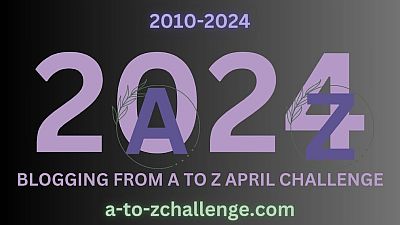
Leave a Reply